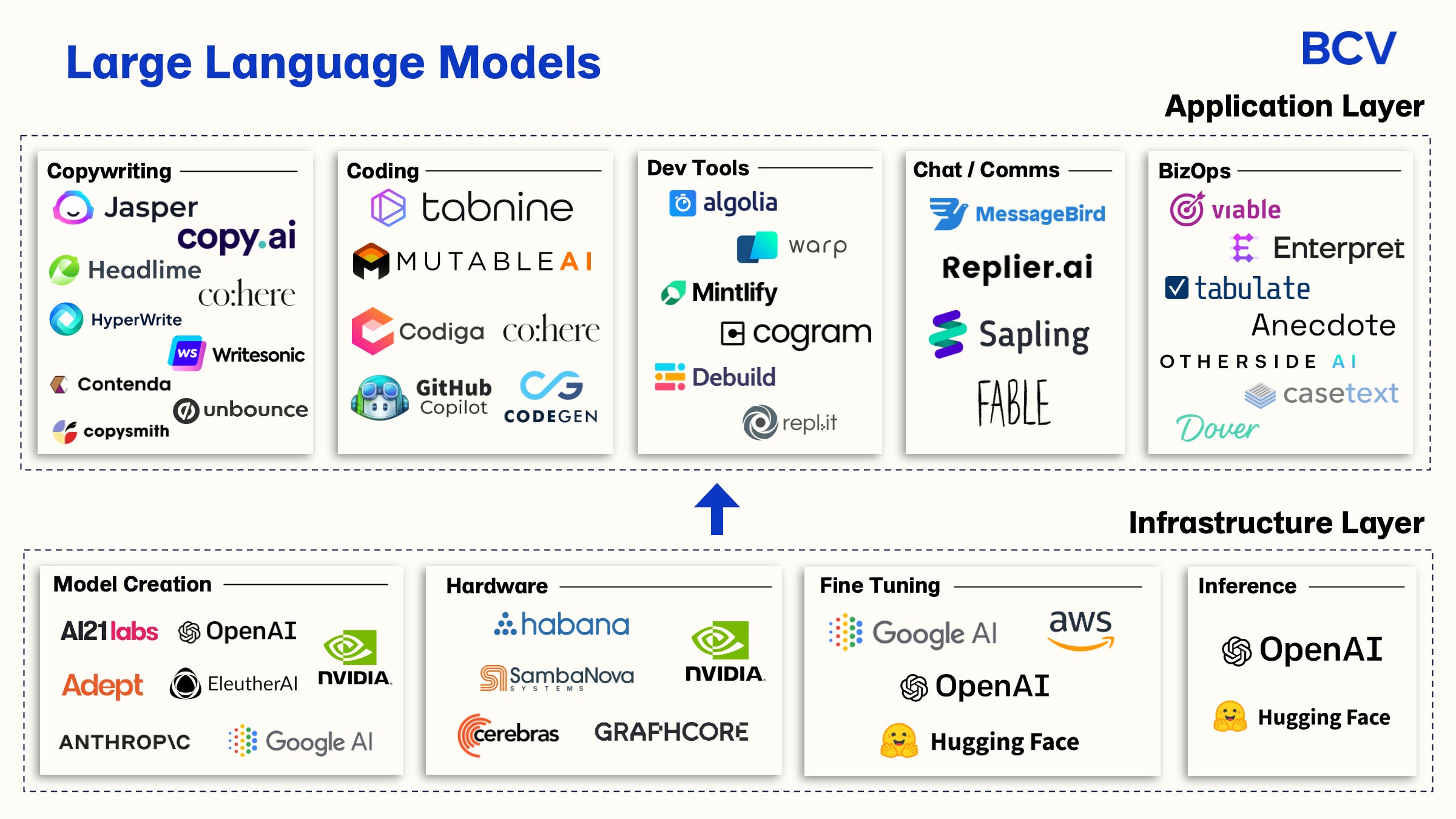
AI Revolutionizes Language Processing with New ModelsAI Revolutionizes Language Processing with New Models Artificial Intelligence (AI) has taken the field of language processing by storm, introducing groundbreaking models that transform the way we interact with and understand language. These new models harness the power of machine learning to achieve unprecedented levels of accuracy and efficiency in a wide range of language-related tasks. Transformers: The Foundation of Modern Language Processing At the heart of the AI language revolution are transformer models. Introduced in 2017, transformers employ a sophisticated attention mechanism that allows them to capture the contextual relationships between words and sentences. This enables them to perform a variety of tasks, including: * Machine Translation: Translating text from one language to another with high accuracy and fluency. * Language Summarization: Condensing long passages of text into concise and informative summaries. * Question Answering: Extracting answers to specific questions from large bodies of text. Large Language Models (LLMs) LLMs are massive transformer models trained on vast datasets of text. Their immense size and training data allow them to develop a comprehensive understanding of language and perform even more complex tasks, such as: * Generative Language Modeling: Generating realistic and coherent text from scratch. * Chatbot Development: Creating conversational AI systems that can engage in natural language dialogues. * Sentiment Analysis: Determining the emotional tone and sentiment of text. Applications Across Industries The advancements in language processing driven by AI are having a profound impact across numerous industries: * Customer Service: Automating customer queries and providing personalized support. * Healthcare: Analyzing medical records and providing insights for diagnosis and treatment. * Education: Creating interactive learning experiences and personalized educational content. * Finance: Extracting financial data from complex documents and automating processes. Ethical Considerations While AI language models offer tremendous potential, they also raise important ethical considerations. It is crucial to address concerns related to: * Bias and Discrimination: Ensuring that models are not biased against certain groups or individuals. * Privacy: Protecting sensitive data used in model training and deployment. * Job Displacement: Mitigating the risk of AI-driven language processing replacing human workers. The Future of Language Processing As AI continues to evolve, the future of language processing holds exciting possibilities. New models and techniques will further enhance our ability to understand and interact with language in a more natural and efficient way. These advancements will continue to drive innovation and transform a wide range of fields, shaping the way we communicate, learn, and engage with the world.
Posted inNews